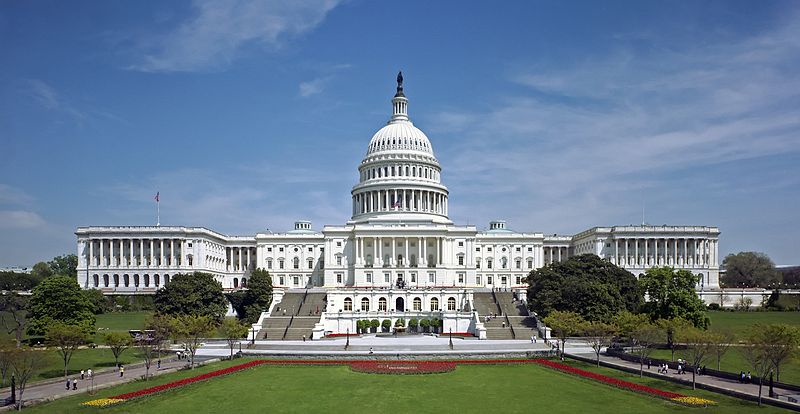
The Nuke Review, December 11 – December 17
North Korea
Satellite Launch
On Tuesday last week, North Korea successfully launched a satellite into orbit, a day after reports indicated that they would be delaying the launch. Initial indications are that the missile deployed an object that appeared to achieve orbit. At no time was the missile or the resultant debris a threat to North America. Politically, the launch will very likely have an impact on the way other countries view North Korea, and was condemned by the UN Security Council, the US and its allies around the region, as well as US officials.
Middle East
Weighing the Costs and Benefits of Sanctions
Former Representative Lee Hamilton, Amb. Thomas Pickering, and Gen. Anthony Zinni argue that the U.S. must “weigh the easy and appealing course of ever-greater sanctions as a way to force a ready-to-deal Iran to the table against testing the possibility that the existing sanctions have already done that work.” The authors are among over thirty national security leaders who endorsed a new analysis of Iran sanctions, Weighing the Benefits and Costs of International Sanctions Against Iran.
Iran and the IAEA
The IAEA has expressed concern over certain facilities inside Iran, such as the sites at Parchin and Fordow. Parchin, where the Iranians are suspected of having cleaned up past nuclear activities is the center of Iran’s munitions industry. The latest round of talks between IAEA officials and Iran reportedly yielded progress, although Iran has not yet allowed inspectors access to Parchin. Another IAEA-Iran meeting is expected to take place mid-January.
Pakistan and Regional Security
Michael Krepon, of the Stimson Center, argues that this trend of a growing nuclear arsenal in Pakistan might foreshadow a similar increase in the region, specifically in India. Strategy innovation is especially important because it is one of the great drivers of competition, and may transcend the political issues that are the original source of this rivalry.
U.S. Nuclear Strategy
Nukes and the Fiscal Cliff
Members of Congress and military leaders are calling for a new nuclear strategy as a way to strengthen U.S. national security. A letter from a group of Representatives argues that eliminating wasteful nuclear spending could save $100 billion. ASP Consensus member Lt. Gen. Dirk Jameson, former Deputy Commander in Chief of STRATCOM, writes in Stars and Stripes, “our nuclear strategy still bears the imprint of the Cold War. It is still far beyond the level that rational military strategists find necessary or practical.”
Call for renewed negotiations with Russia
In a New York Times op-ed Thomas Graham and Dmitri Trenin call for a “high-level strategic dialogue [between the U.S. and Russia] to understand the dynamics of our changing world and the ways in which they impact on each country’s strategic interests.”





